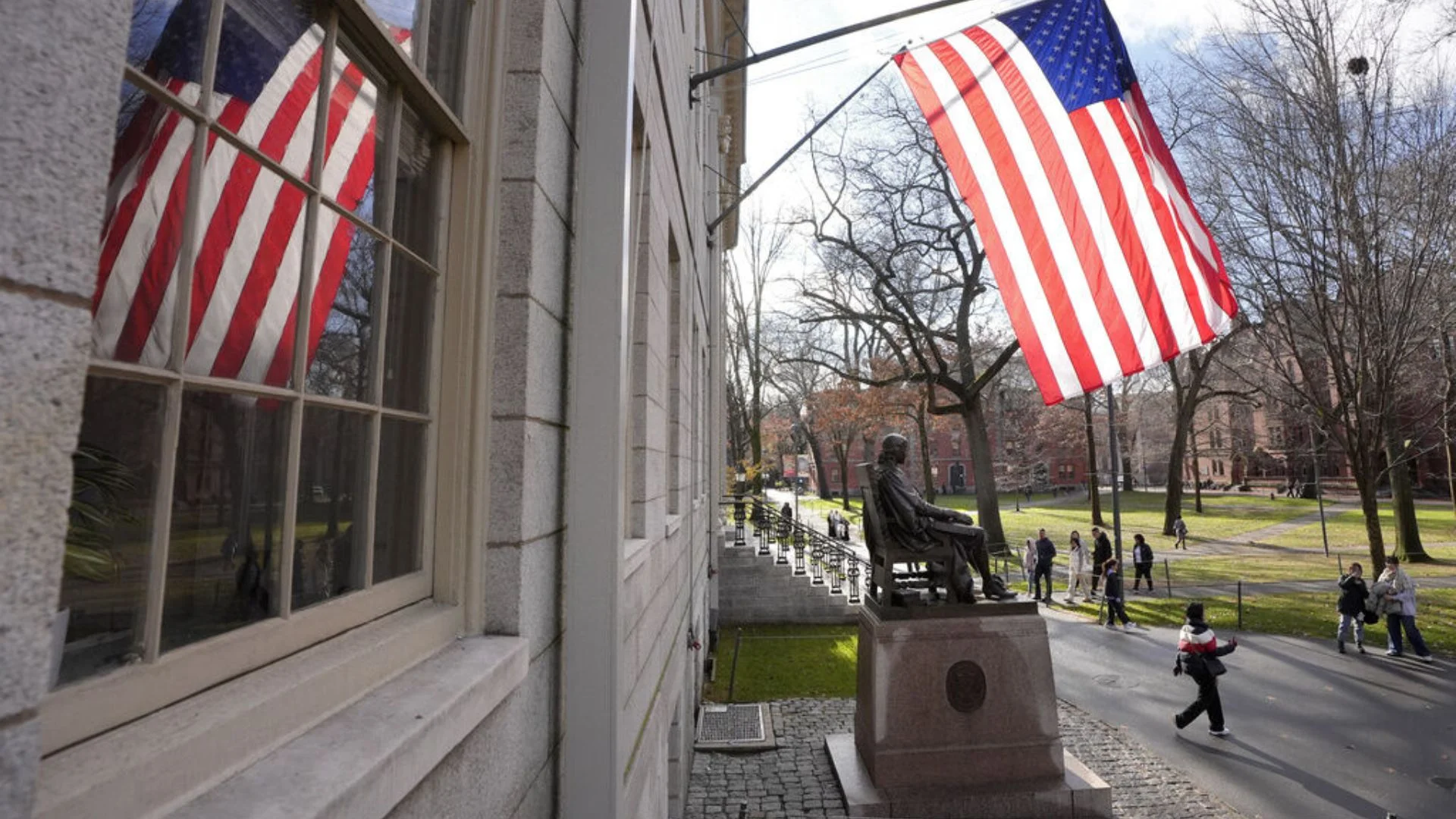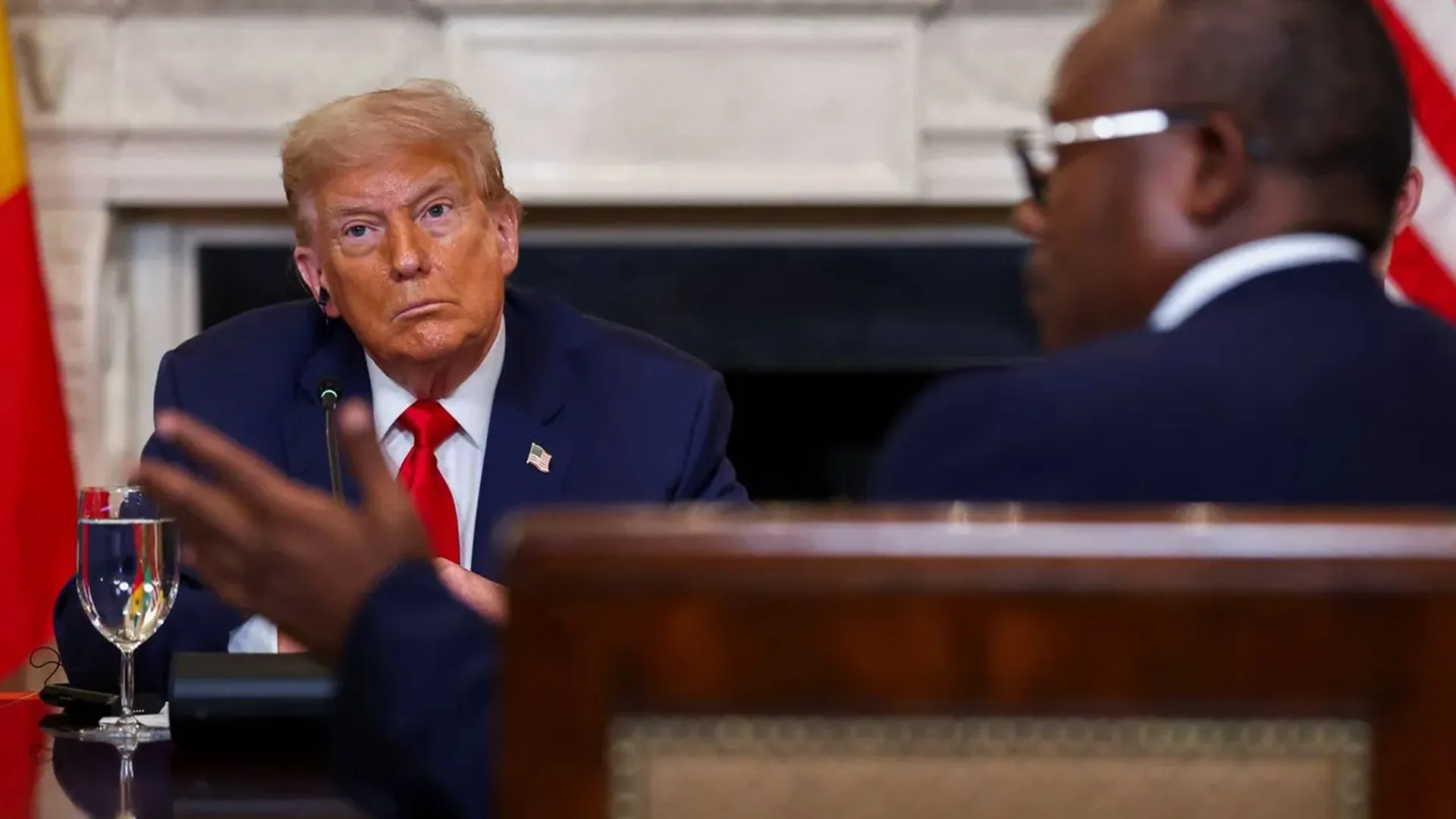House Republicans have asked seven American universities to cut their connections with the China Scholarship Council (CSC), a Chinese government-funded academic initiative they say is being employed as a clandestine vehicle to transfer US technology to Beijing.
In letters delivered Tuesday to Dartmouth College, the University of Notre Dame, Temple University, the University of Tennessee, and three campuses of the University of California Davis, Irvine, and Riverside House Select Committee on the Chinese Communist Party (CCP) members expressed reservations regarding CSC’s presence in US academia.
Committee Chairman Rep. John Moolenaar characterized the program as a “CCP-directed technology transfer program” disguised as a cooperative scholarship program. The CSC, which sponsors hundreds of Chinese graduate students every year, requires recipients to return to China for a minimum of two years after graduation, which lawmakers worry facilitates espionage and theft of technology.
The panel released a probe into CSC’s activities and asked the universities to provide information, including whether students supported by CSC took part in research funded by the US government. In the letters, Dartmouth takes in as many as 15 CSC scholars each year, Temple hosts 60, and Notre Dame up to 40. Institutions also share tuition and stipend payments, according to reports.
Republicans contend that such programs advance China’s military and scientific agenda and threaten US national security. The issue is part of a wider Republican campaign supported by President Donald Trump to restrict Chinese influence on American campuses. Trump had earlier restricted visas for students tied to China’s military-civil fusion strategy.
While colleges recognize the value of research security, most warn against wholesale suspicion of Chinese students. China is still the second-largest source of international students in America, with more than 270,000 enrolled in the 2023–24 academic year.
This is the latest step in an increasing effort by House Republicans to investigate and disrupt US–China academic partnerships.






















